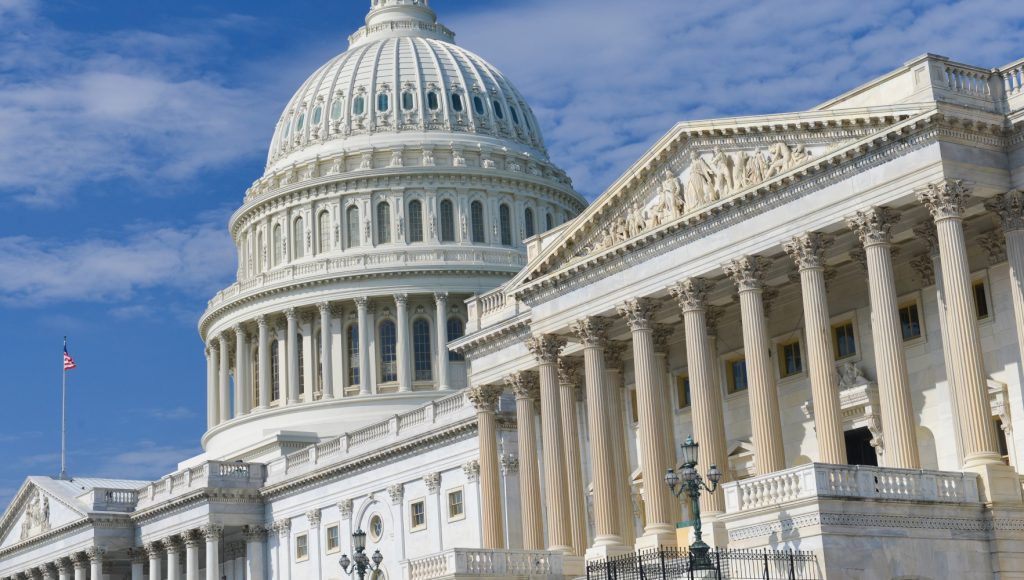The first known use of the word “furlough” dates to 1631. The word is from the Dutch word “vorloffe,” meaning “permission” or literally “for leave.” The modern non-military definition of furlough is “a period of time when an employee is told not to come to work and is not paid.”

Since 1976, there have been a total of 17 government shutdowns. The latest shutdown began at midnight on December 21, 2018, when all funding for non-essential discretionary federal programs ceased. An estimated 380,000 federal workers are on furlough at home without pay. Affected services and agencies include the IRS, NASA, EPA, FDA, HUD, Energy, Commerce, Education and Labor. An additional 420,000 federal employees are working without pay. No less than 15 percent of federal employees reside in the DC Metro region.
Surviving furlough
Surviving furlough with your financial goals still intact may require tightening your belt. Do not incur any new expenses. Cut back on any personal discretionary spending. The financial experts at CNBC suggest two tools: budget and borrow.
The Office of Personnel Management, which manages the government’s civilian workforce, suggested that employees on furlough reach out to creditors and landlords to explain before nonpayment or underpayment becomes a problem.
Feds, here are sample letters you may use as a guide when working with your creditors during this furlough. If you need legal advice please consult with your personal attorney. https://t.co/t6h6OzALsS
— U.S. Office of Personnel Management (@USOPM) December 27, 2018
Critics have called OPM’s advice tone-deaf for telling furloughed workers to barter with their landlords if they can’t make rent payments and to “consult with [a] personal attorney” for legal advice.
Meanwhile, Navy Federal Credit Union announced it will cover pay for its eligible members during the partial-federal government shutdown via interest-free loans. Congressional Federal Credit Union instituted a furlough relief line of credit with an initial rate of 0 percent for 60 days and 4 percent thereafter. And Justice Federal Credit Union is now offering unsecured, low interest rate loans and deferred payments to its DOJ and Homeland Security employee members affected by the shutdown.
Our friends over at Bankrate have also compiled a nifty list of resources for federal workers who can’t make mortgage or rent.
When will the shutdown end? Who knows?
Government spending contributes 18 percent of economic output to the gross domestic product, so if it lasts until the end of January, the shutdown will trim $8.7 billion from the national GDP. The country will also suffer other tangible effects from both lost productivity and economic output. Shutdowns are bad for business.
In the meantime, it’s important to remember that not working is an important part of any career. If you’re looking for a way to stay sharp before returning to work, here’s a list of 400 free Ivy League courses available online. I leave you with a quote, as little comfort as it may be.
Oh wide’s the world, to rest or roam,
With change abroad and cheer at home,
Fights and furloughs, talk and tale,
Company and beef and ale.
The West,
A. E. Housman (1922)
